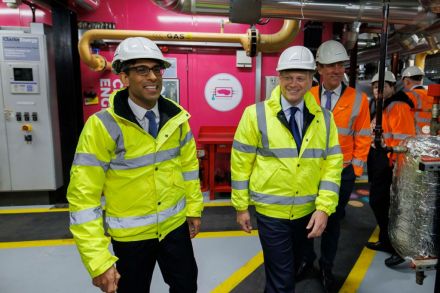Does the UN want to defund the French police?
My first instinct was to check the date: was it actually April 1st on Monday? On realising there was no mistake the second reaction was one of wonderment that anyone still takes the United Nations seriously. The once respected organisation held its Universal Periodic Review in Geneva on Monday, and France didn’t fare well. As a succession of shamelessly panjandrums slapped down France, its police were once more coming under sustained attack by hordes of anarchists and far-left extremists Beacons of liberty lined up to trash the Republic for what they described as the heavy-handedness of its police in recent weeks. Russia, Iran, Venezuela and China expressed their grave






















